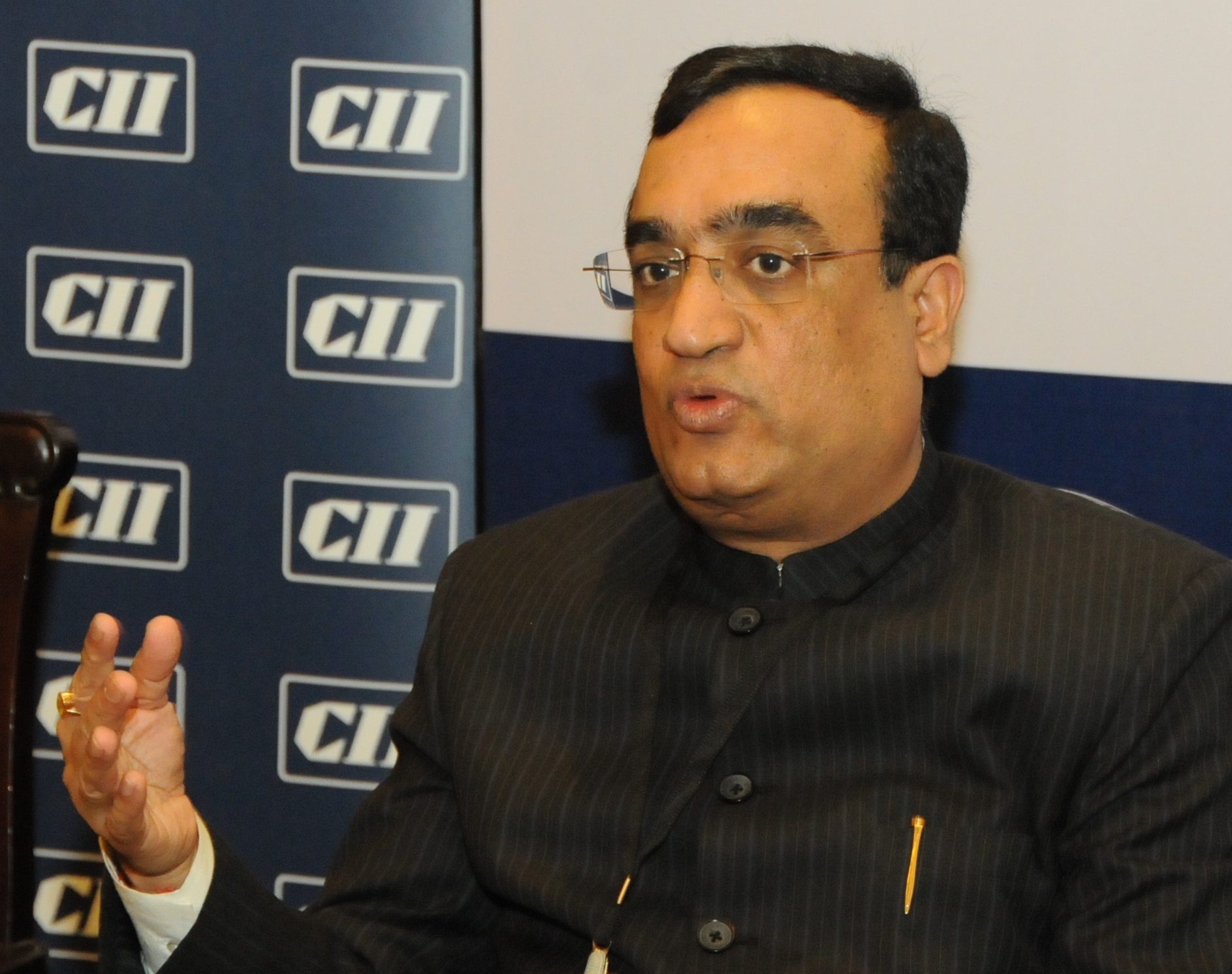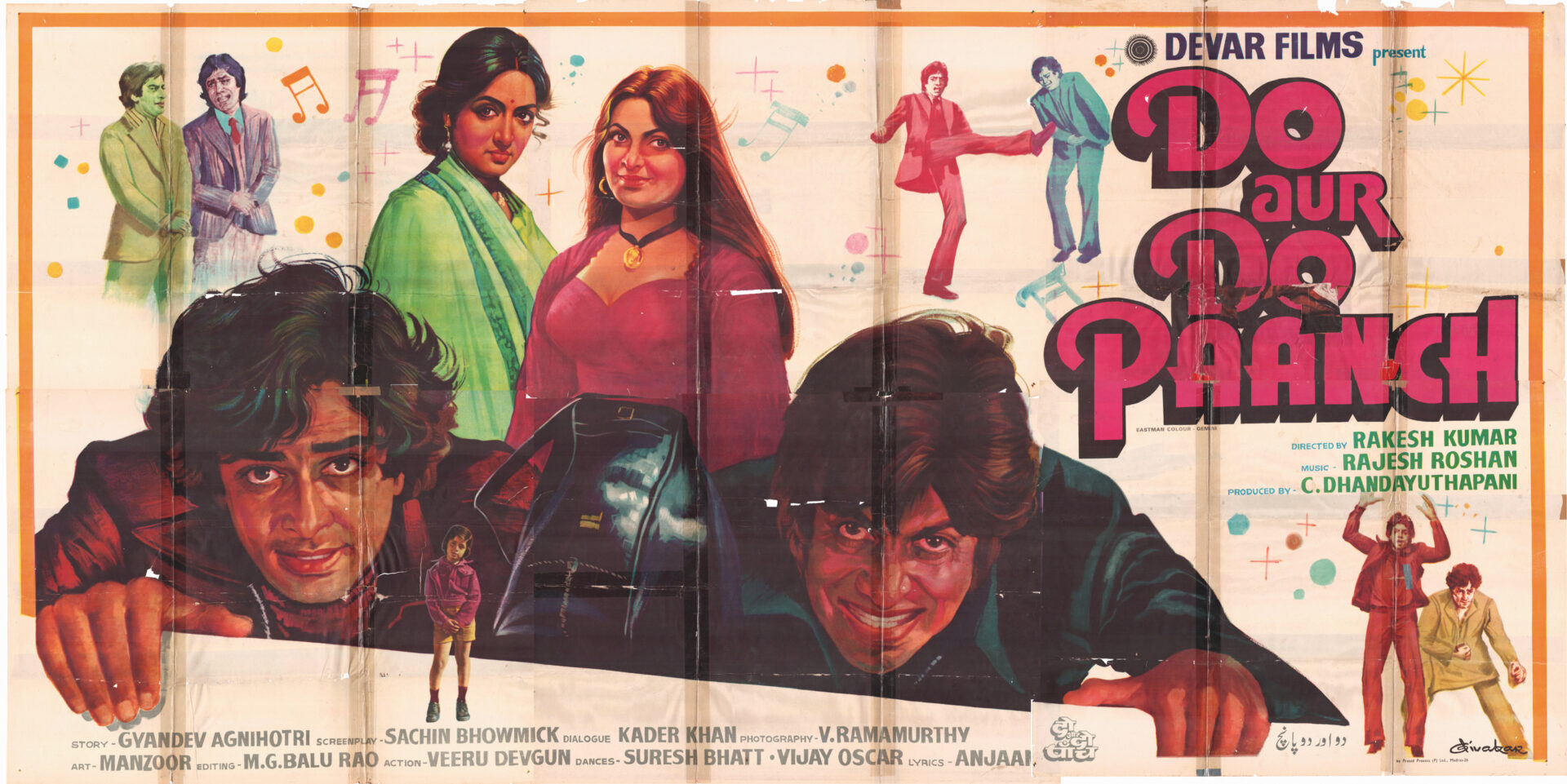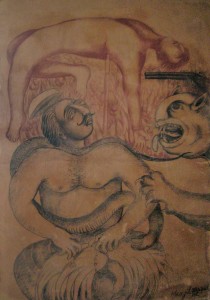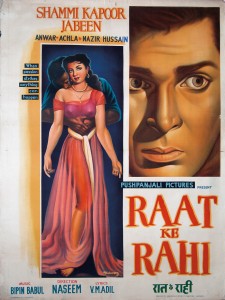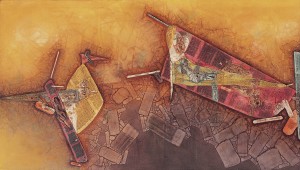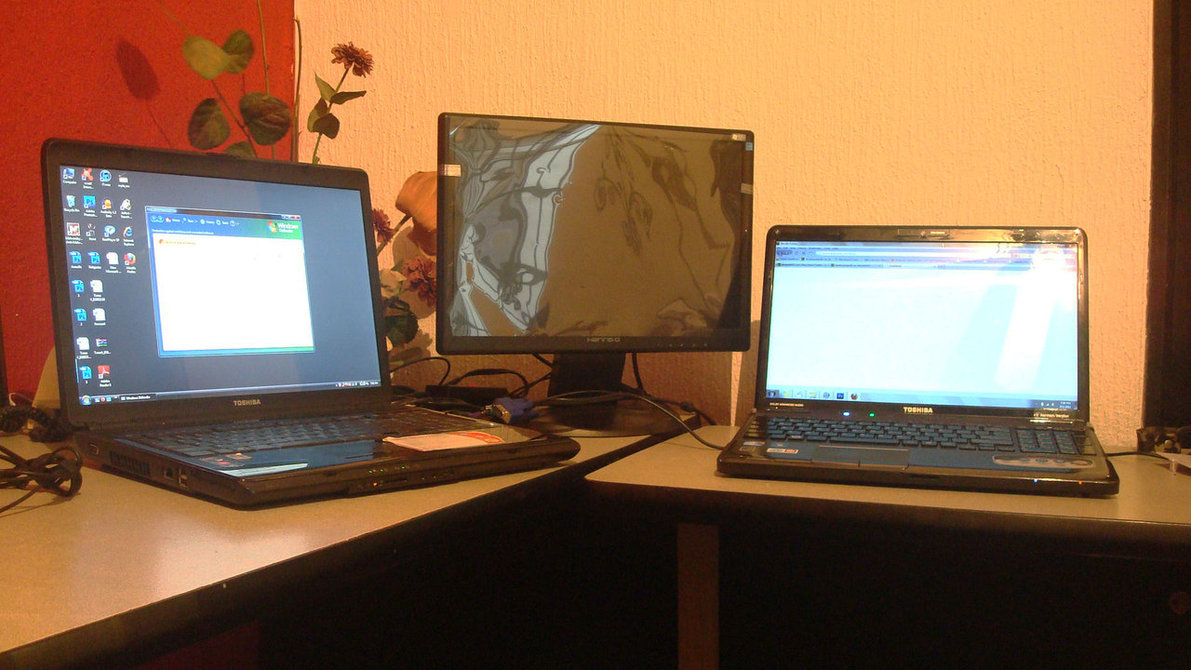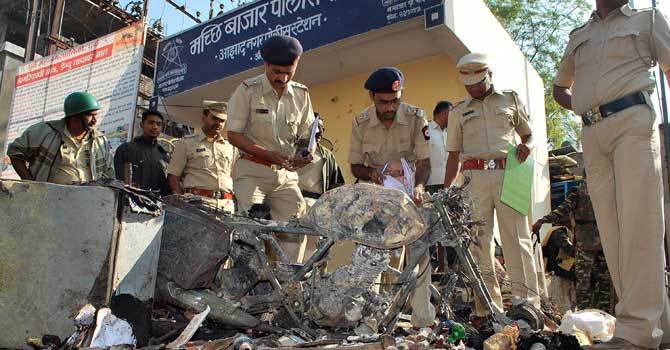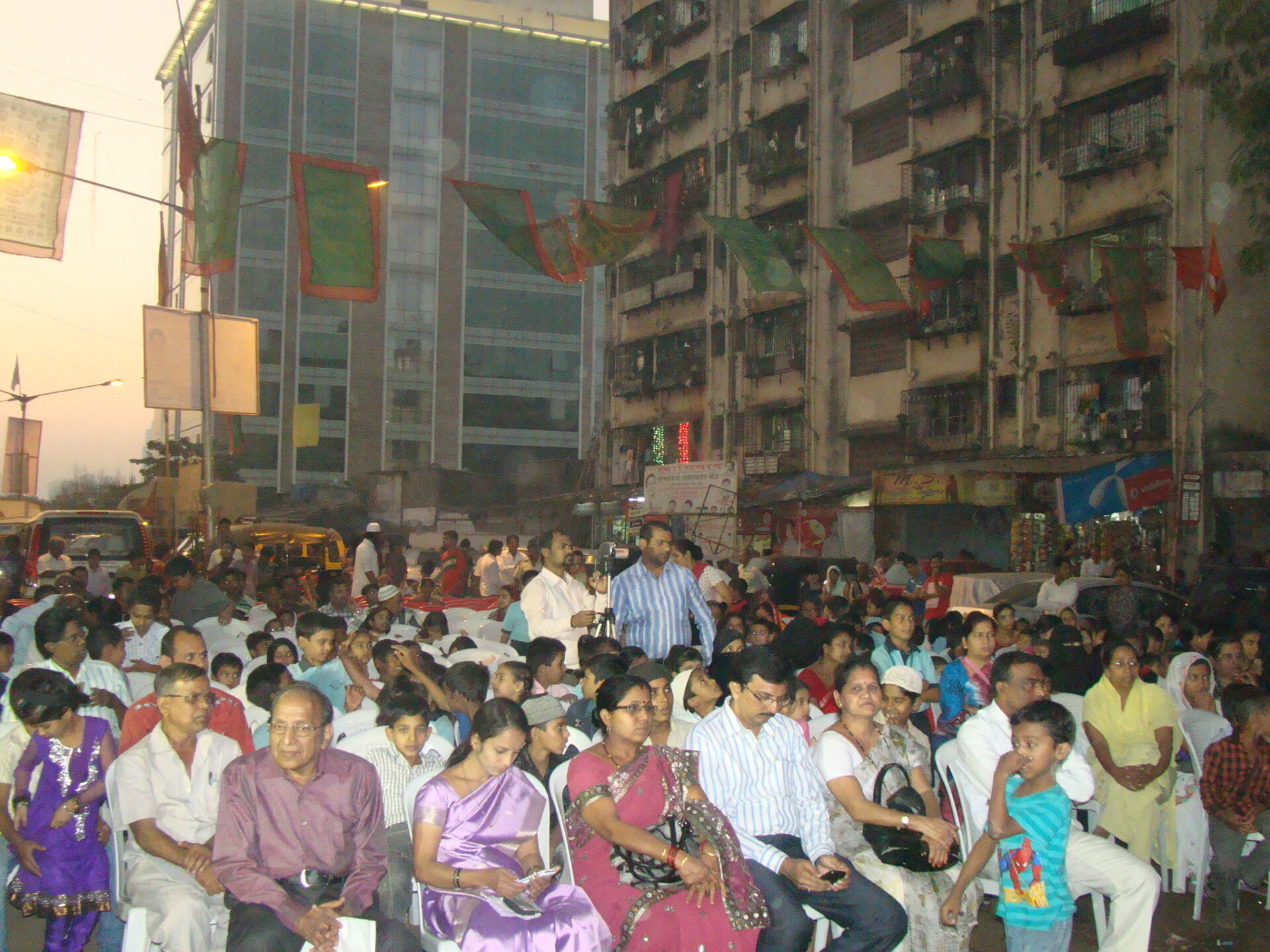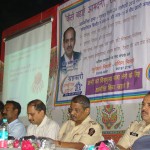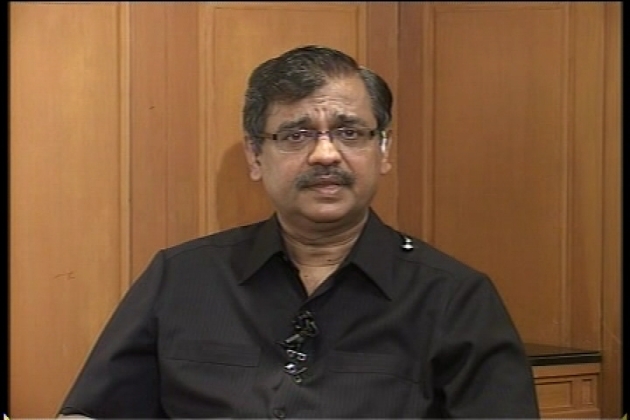Union Minister says that proposed real estate regulatory bill would give home buyers a greater say in the purchasing process.
Home buyers may soon get a bigger say while buying a house, as per the provisions of the proposed Real Estate Regulatory Authority Bill, which is to be tabled during the forthcoming Union Budget. Ajay Maken, Union Minister for Housing and Poverty Alleviation at the ongoing International Conference in Mumbai on ‘Governance of Megacity Regions’ organised by Confederation of Indian Industry (CII) and Center for Policy Research (CPR), said that the Bill would aim to safeguard the interests of customers.
Maken said, “The proposed Bill will greatly reduce the prevailing rampant corruption in the real estate and housing sector. Not only will it protect the rights of home buyers, but it will also bring in greater transparency. Developers will be restricted from channelising funds collected from customer for one project to another one, which will provide better security to the home buyers’ investments. Even the property agreement documents, which are prepared and executed by the developers, will not remain one-sided, thereby not favouring the developer alone.”
The Union Minister is contemplating providing ‘Infrastructure sector’ status to the affordable housing segment, which will enable banks to come forward to providing loans to the urban poor, and provide an unprecedented boost in this segment. Banks will be able to provide long-term loans and also with the change in industry status, the ratio of Non-Performing Asset (NPA) from this category will reduce. “The poorer section will receive easy financing options augmenting the affordable housing market and in totality giving a boost to the real estate industry,” he said.
On his suggestion to the Government of Maharashtra for raising the Floor Space Index (FSI) policy, Maken said, “We had a deliberation with the State Government and it has shown interest in considering this option for improving the living standards of poor and hutments in the urban establishments.” Another recommendation he has made it to have mega plans for inclusive development and community participation for Mumbai city’s metropolitan region, as one of the solutions to heightening urban evolution challenges.
